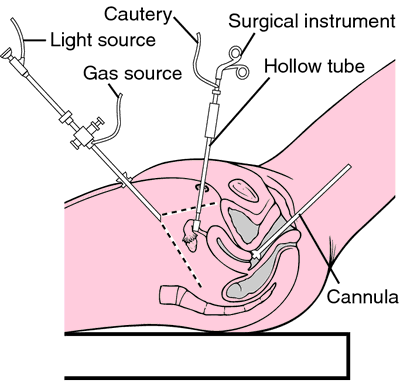Apparently Boehringer Ingelheim GmbH doesn't believe that women could have sexual dysfunctions the same way men do. Unlike Viagra, this German drugmaker plans to create a drug that doesn't act on women's bodies, but minds.
While VIagra targets sexual stimulation by increasing blood flow to the penis, this drug would work on the brain, helping women to improve their female libido, thanks to a compound called flibanserin. Heike Specht, a spokesman for the company, was quoted saying that an "'increasing body of evidence shows that hypoactive sexual desire disorder causes substantial emotional distress' and that the company 'has conducted late-stage clinical trials in over 5,000 women from which we hope will result the first available pharmaceutical treatment.'"
The argument for focusing on the brain of women to "fix" libido issues seems to be based on surveys and research about evolution. Since women are supposedly biologically inclined towards caring and childrearing and so their sex drive appears to be triggered by emotional factors - differing from men, who are biologically conditioned to spread their seed.
It sounds like science, but it also sounds suspicious. I've never been one to buy the notion of being evolutionarily conditioned based on one's gender - since gender is socially constructed. And though there are differences between the sexes, a lot of research has been done to suggest that male and female genes aren't that off. So this notion of sexual libido being so different for men and women seems - incomplete. Men simply need more blood flowing through them to better their libido but women need a mental health overhaul? Is there no simple "jolt" available for a woman's body?
A second question, one that I think is still being asked all the time by researchers and scientists, is what exactly constitutes female sexual dysfunction? It has generally been established that male sexual dysfunction is defined by a lacking erection, and that too feels a bit oversimplistic to me to be called a "dysfunction". But what about females? Is it considered a dysfunction for a woman's stress levels to affect her sexual desires? And if it is, how is the baseline being defined? How high should a woman's libido be exactly?
At the end of the day, female consumers will have to assess their sexual and mental health and decide if this future drug is right for them. I leave it to you readers to answer the questions above!




Add a Comment1 Comments
As a male, and not having any reputable research credentials in the field, I will not presume to hypothesize on whether attempts to increase women’s libido should be focused on the brain or more general physiological approaches. That said, I would like to clear up a slight misnomer in the article that is patently clear to almost all men. Viagra, Cialis, et al do not improve men’s libido. Given its conventional definition as "sexual desire", men’s libido is almost always present. The inability to achieve erection might prevent them from engaging in sexual intercourse, but the desire remains there. ED treatments' functions are to enable the man to achieve an erection which is generally (though not always) necessary to ejaculate and achieve orgasm. Were the prevailing problem for men the lack of desire or “low libido”, I suspect an enhanced blood supply would do little to change that condition. Without the increased blood flow needed to achieve erection, the entire scenario of reward and satiation is physically unobtainable for most men.
July 17, 2010 - 4:47pmOutside of their bodies' inability to produce lubricant, which can be somewhat ameliorated through synthetic substances, there is no similar physical impediment to a woman's engaging in sex. Her desire to do so, if absent, would seem to be a function of her thoughts and/or nervous system's stimulation, and attempts to heighten their libido would seem logically to be focused on one or both of those areas. Regardless, based upon the basic mechanics of human reproduction, this is a fundamental difference between men and women which has nothing at all to do with social factors.
This Comment